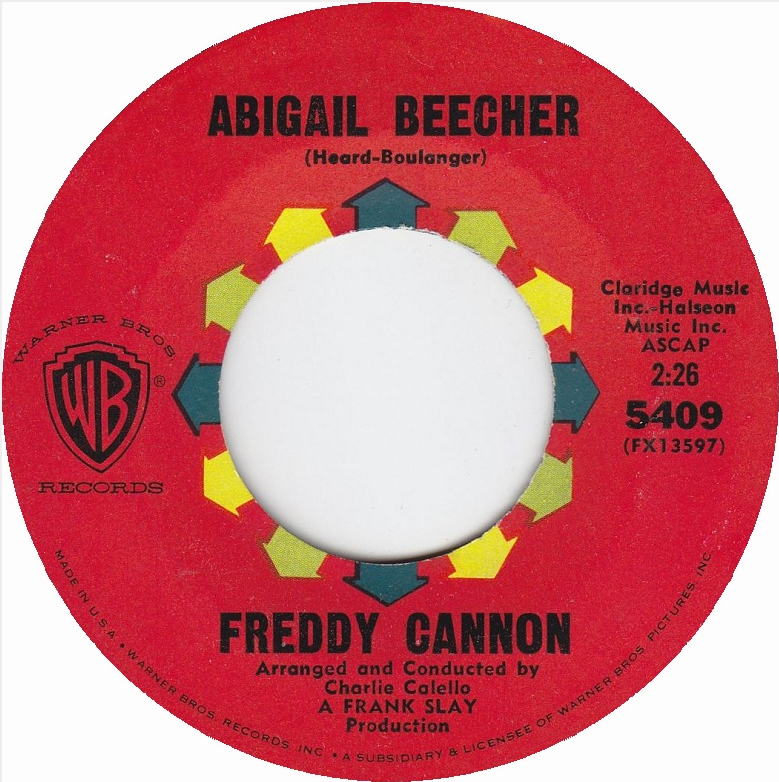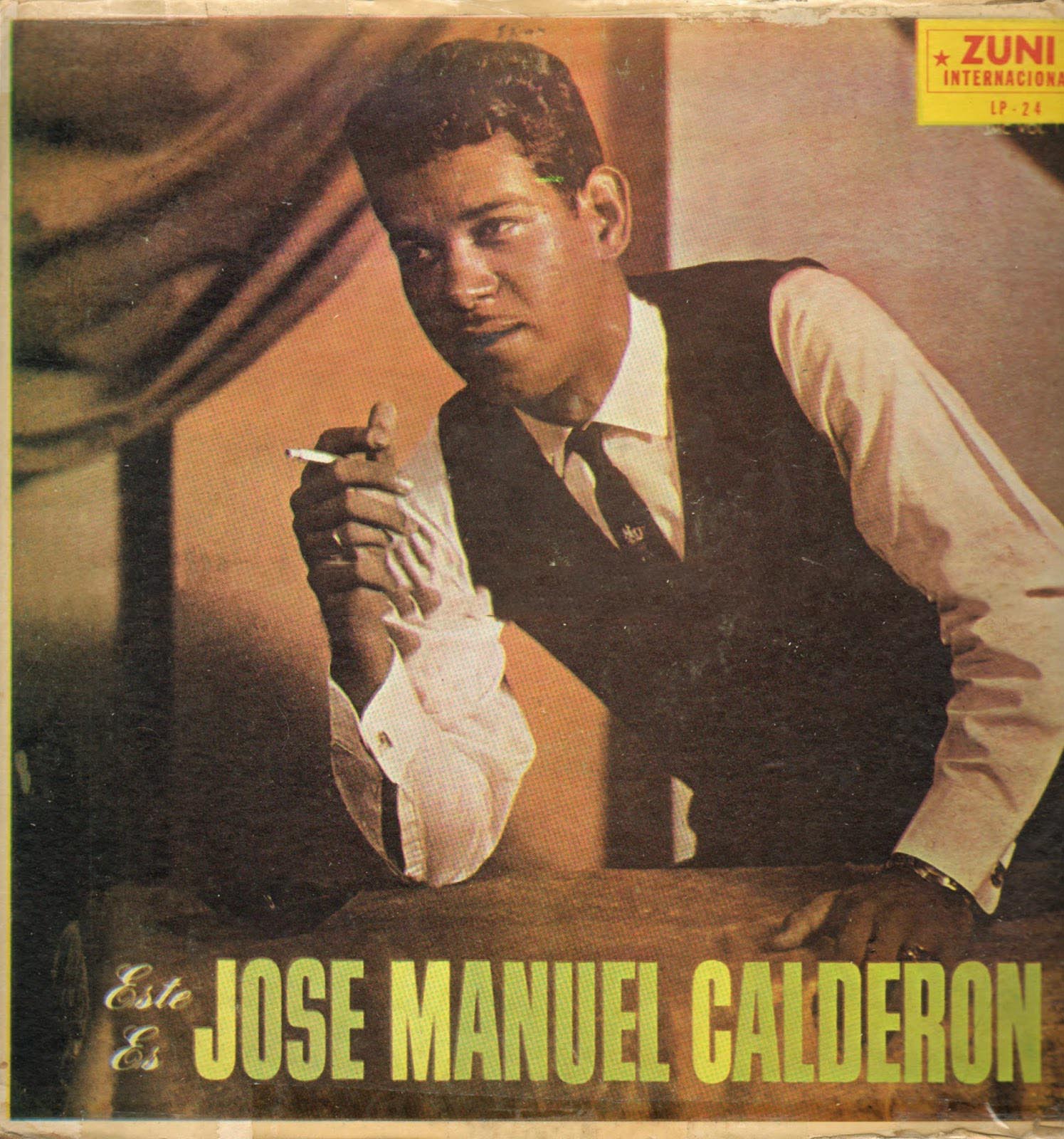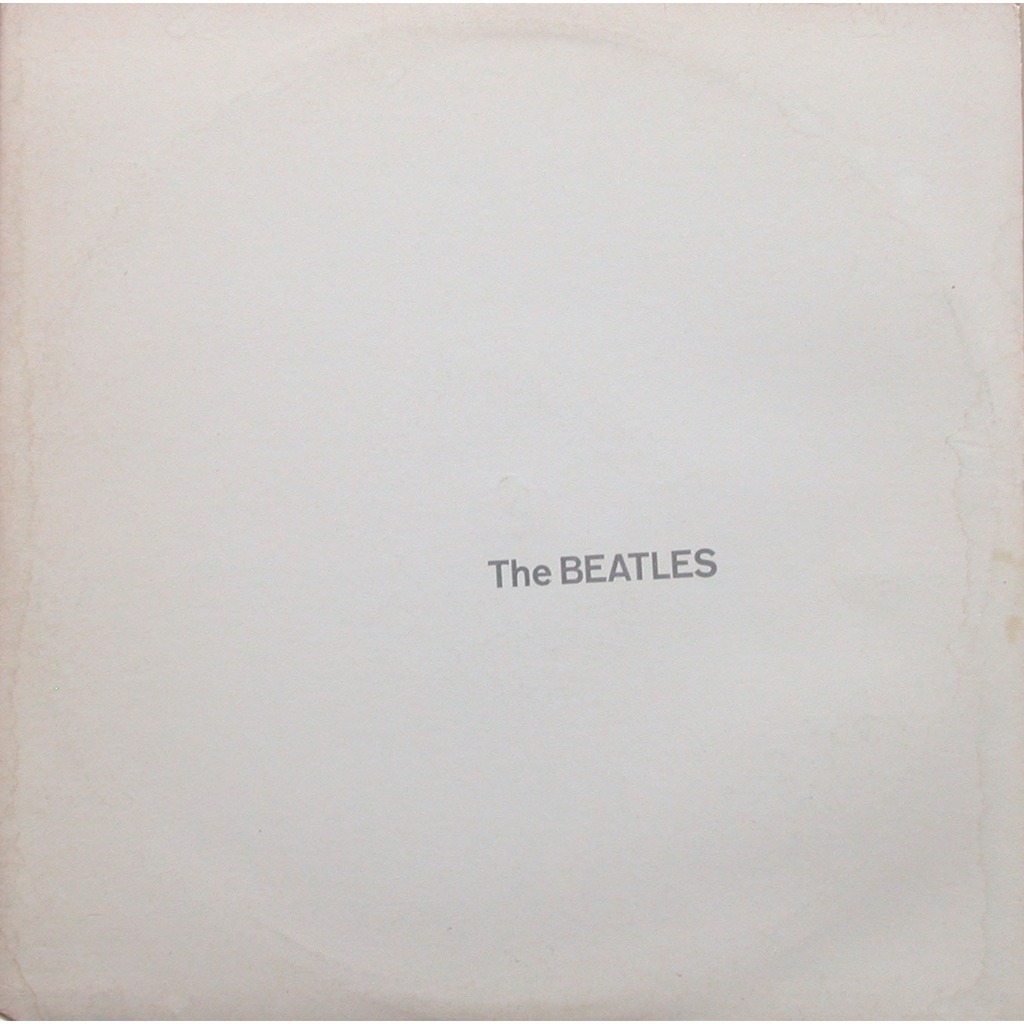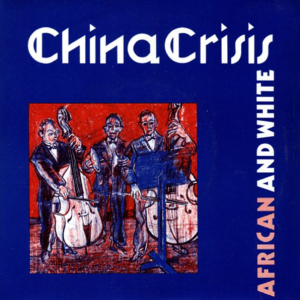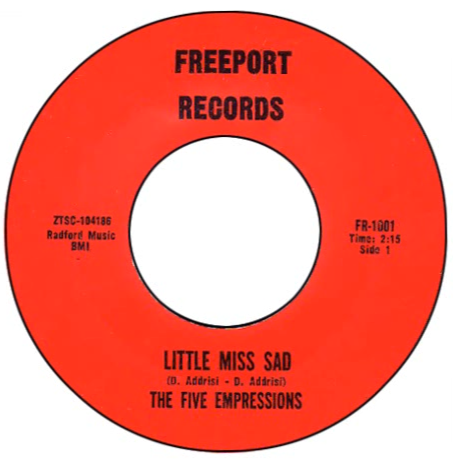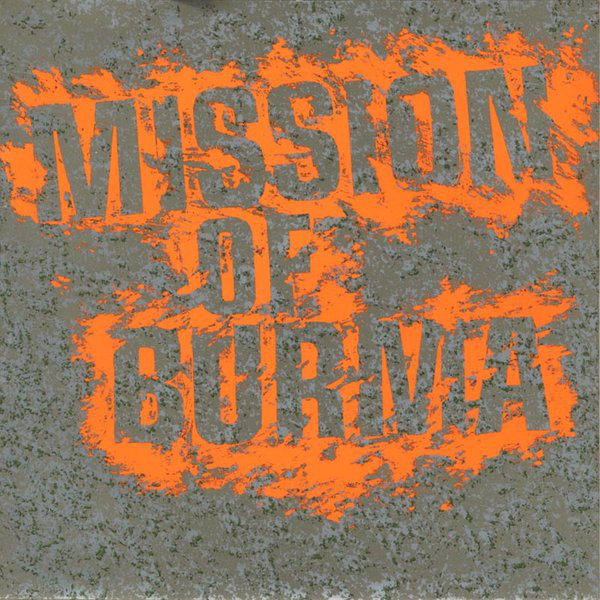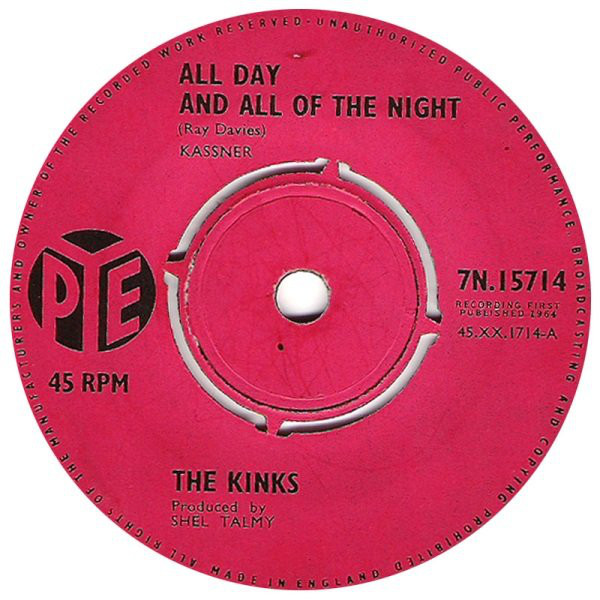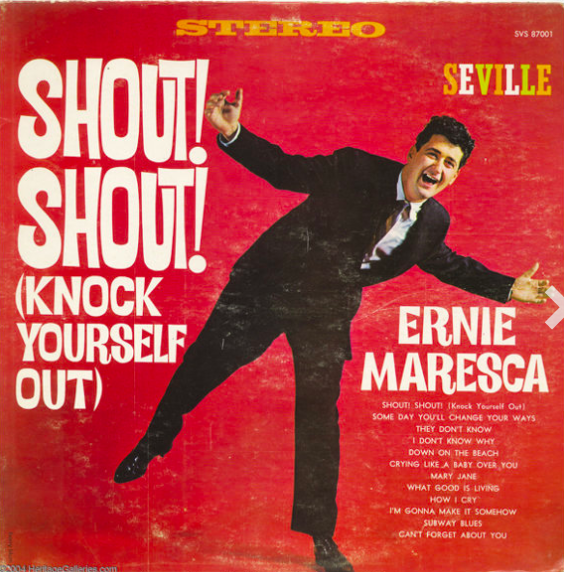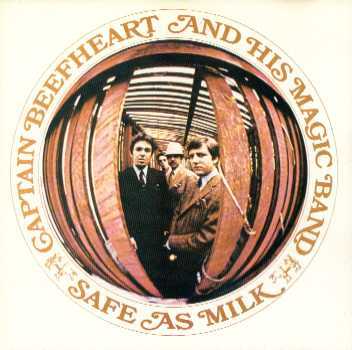 “Airplane” (1977) – The Beach Boys * Written and produced by Brian Wilson * LP: Love You * Label: Brother/Reprise
“Airplane” (1977) – The Beach Boys * Written and produced by Brian Wilson * LP: Love You * Label: Brother/RepriseThe Beach Boys’ Love You record hides complexity behind a tossed off, damaged veneer: when Wilson sings on it, the group’s guiding light sounds like he’s trying not to cough, and the synth he plays gives it a low budget feel. But these are beguiling, clever songs. “Airplane,” which is about buckling into an airplane seat, chatting idly to strangers about loved ones back home, and gazing out the window at the incomprehensibilities of size and distance, is given a mopey delivery (on verses) by Mike Love on lead vocals, but you picture Brian as the lead actor. Its elegaiac feel and crafty chord changes call for a version on nylon string guitar, something like Simon and Garfunkel’s “So Long Frank Lloyd Wright.”

